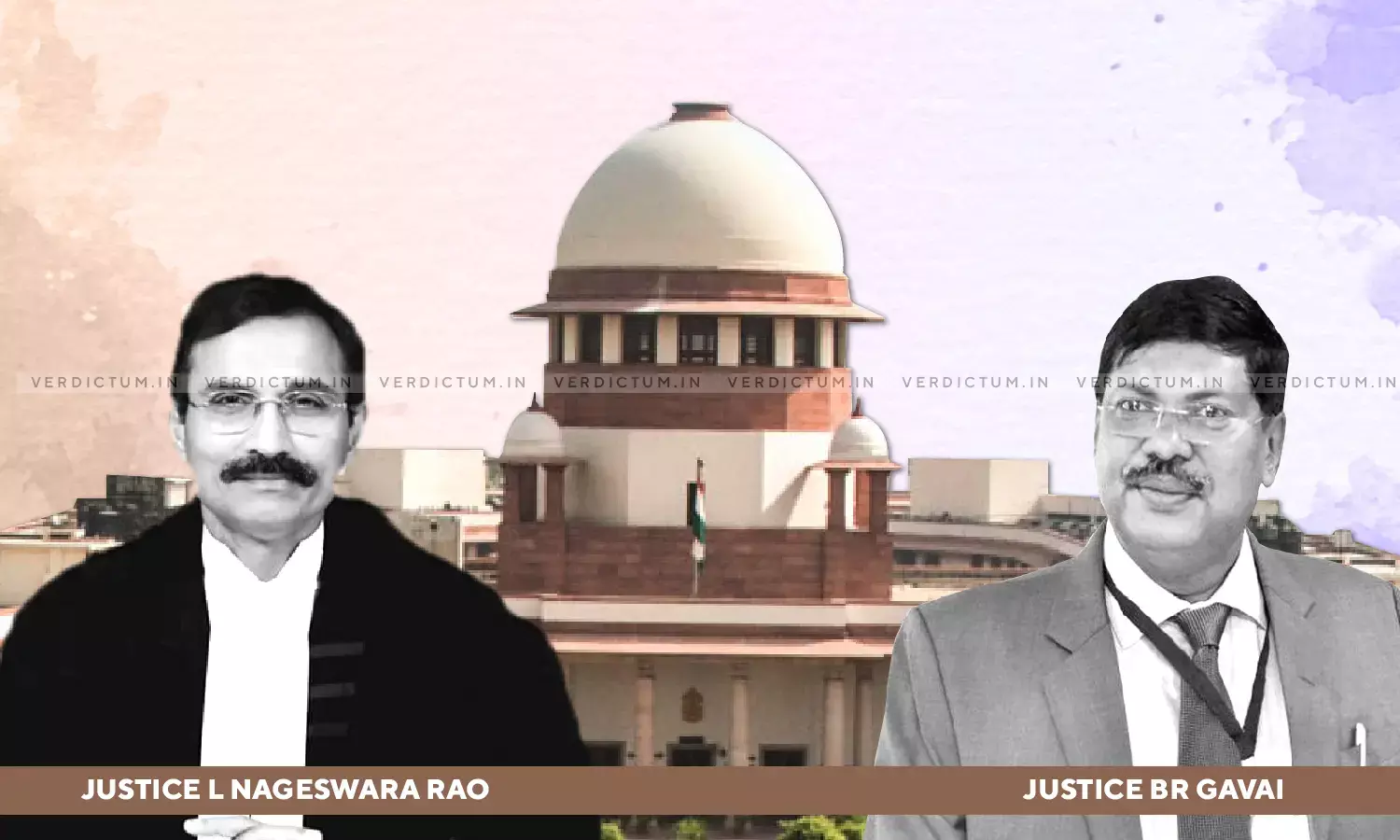Electricity Act - Cooperative Society Or Association Of Persons Can Establish Captive Generating Plant For Own Use - SC

A Supreme Court Justice L. Nageswara Rao and Justice BR Gavai upheld a judgment passed by the Appellate Tribunal for Electricity regarding the distribution of power to a sister concern, on the grounds that there was no merit in the Appeals preferred by the Appellants.
The Bench while dismissing the appeals observed -
"A combined reading of Section 9 and Clause (8) of Section 2 of the said Act would reveal that a person is entitled to construct, maintain or operate a captive generating plant. Such a plant should be primarily for his own use. Clause (8) of Section 2 of the said Act would further show that it includes a power plant set up by any co-operative society or association of persons for generating electricity. The requirement is that it should be primarily for the use of the members of such cooperative society or association."
Senior Counsel Shri Nikhil Nayyar appeared on behalf of the Appellant. Senior Counsel Shri Naveen R Nath and Smt Swapna Seshadari appeared on behalf of the Respondents.
SBPIL is a power company that established a Captive Generation Plant. SBMPL is a sister concern of SBPIL. SBPIL submitted a Petition to the Chhattisgarh State Electricity Regulatory Commission for providing open access and wheeling of power through the transmission system of the Appellant (Chhattisgarh State Power Distribution Company Ltd.) for captive use by SBMPL. The Petition was resisted by the Appellant on the basis that consumption was not proportionate to the ownership of the power plant.
The Commission rejected this contention and held that SBPIL was entitled to supply electricity to its sister concern SBMPL and the same would qualify to be treated as "own consumption" within the ambit of Section 9 read with Section 2(8) of the Electricity Act, 2003 and Rule 3 of the Electricity Rules, 2005.
Being aggrieved, the Appellant preferred appeals before the APTEL, and they were dismissed. Consequently, the Appellant moved before the Supreme Court.
The Supreme Court interpreted the provisions of the Act to conclude that SBMPL and SBPIL fulfilled all the conditions specified by the Act.
The Bench held, "The definition of "person" is wide enough to include any company or body corporate or association or body of individuals, whether incorporated or not, or artificial juridical person. It is thus clear that a person, to get benefit under Section 9 of the said Act, could be an individual or a body corporate or association or body of individuals, whether incorporated or not. It could thus be seen that even an association of corporate bodies can establish a captive power plant. The only requirement would be that the said plant must be established primarily for their own use. The fourth proviso to subsection (2) of Section 42 of the said Act would also reveal that surcharge would not be leviable in case open access is provided to a person who has established a captive generating plant for carrying the electricity to the destination of his own use."
Further, the Court referred to the National Electricity Policy, 2005, which was made with the view to not only secure reliable, quality and cost-effective power but to also facilitate the creation of employment opportunities through speedy and efficient growth of industry. It also states that the efficient expansion of small and medium industries across the country would lead to creation of enormous employment opportunities.
The Court opined that the Policy has a statutory flavour and is also in tune with the provisions of the Act. To that end, while placing reliance on cases Ahmedabad Municipal Corporation and Another v. Nilaybhai R. Thakore and Another, the Court opined that "It is a settled position of law that the interpretation which advances the object and purpose of the Act, has to be preferred."
Therefore, the Court found that there was no case made for interfering with the order of the Commission, and dismissed the Appeals on the grounds that they were without any merit.
